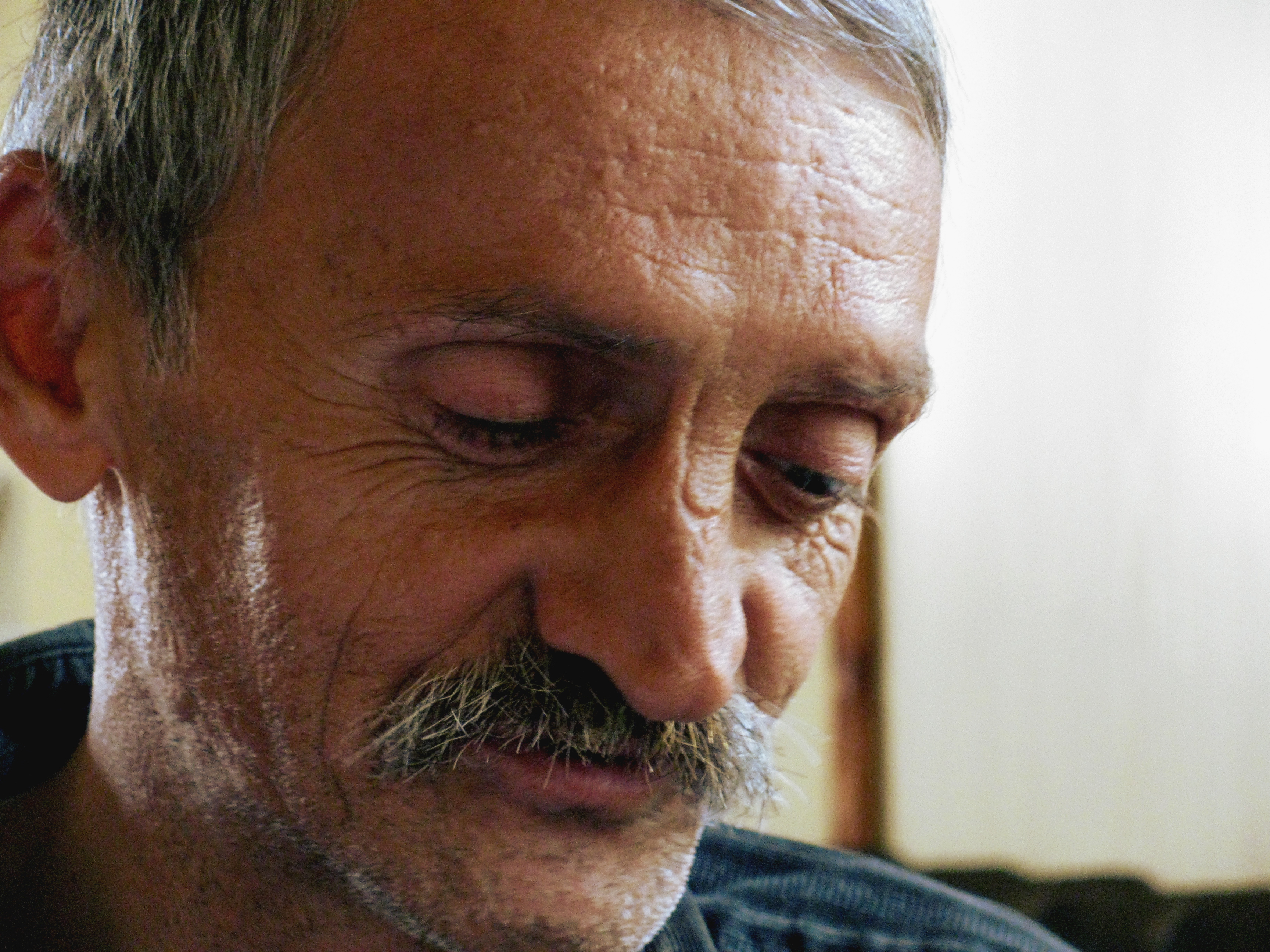Bulgaria: Not enough progress made on social rights of people with disabilities
This week, MDAC and Bulgarian partners reported that “progress continues to be exceptionally slow” in achieving the transition from institutions to communities for over 7,000 people with mental disabilities in the country.
 MDAC’s litigation against the Bulgarian Government at the ECtHR led to Rusi Stanev (pictured) being freed from an institution and regaining his autonomy. © Yana Buhrer Tavanier.
MDAC’s litigation against the Bulgarian Government at the ECtHR led to Rusi Stanev (pictured) being freed from an institution and regaining his autonomy. © Yana Buhrer Tavanier.
The report, made to the UN Committee on Economic, Social and Cultural Rights (CESCR Committee), was submitted jointly with leading Bulgarian organisations including the Bulgarian Center for Not-for-Profit Law (BCNL), the Bulgarian Helsinki Committee (BHC), the Bulgarian Association for Persons with Intellectual Disabilities (BAPID), Chovecolubie (Philanthropy) Association and the Minerva Foundation.
Other issues covered include the lack of a realisable right to inclusive education for children with disabilities, the ongoing impact of the country’s outdated guardianship laws and denial of decision-making rights in health care and family life. The International Covenant on Economic, Social and Cultural Rights (ICESCR), which Bulgaria adopted in 1970, places binding legal obligations on the Government to ensure that all people have the right of self-determination allowing them to “freely pursue their economic, social and cultural development.”
The coalition pointed out that there has been little progress in promoting the social inclusion of people with mental disabilities in the country, with thousands still forced to live in long-term residential institutions where they are at increased risk of related human rights abuses, harsh living conditions, physical and emotional abuse, and forced treatment. Calling on the Committee to carefully scrutinise the lack of a comprehensive deinstitutionalisation strategy, the report highlights that the CESCR has already held that “segregation and isolation achieved through the imposition of physical and social barriers” amounts to a form of discrimination prohibited under the Covenant. Tangible political and budgetary commitments are necessary to close these institutions and remove barriers to community living. The Government, however, fails to make "maximum use of available resources" to achieve this - including using EU funding to perpetuate segregation.
MDAC has undertaken litigation in collaboration with Bulgarian partners, including the Bulgarian Helsinki Committee, for over a decade to improve the human rights situation for people with mental disabilities. In two landmark decisions handed down at the European Court of Human Rights (ECtHR), the Bulgarian Government has been criticised for subjecting our clients to degrading treatment inside dilapidated and abusive institutions as well as denying them access to courts.
The report to the CESCR Committee goes on to sheds light on other breaches of key provisions in the Covenant, including the routine denial of decision-making rights in the areas of health care, leaving people with disabilities unable to consent or refuse invasive procedures. The coalition also explain that the Bulgarian guardianship system also automatically deprives many from exercising their right to marriage.
In respect of children with disabilities, a total of 8,500 continue to be placed in segregated educational settings, denying them the opportunity of developing relationships with their non-disabled peers and setting them on a trajectory for lifelong social isolation. In 2008, MDAC successfully challenged Bulgaria's faulty approach to denying education to children with moderate, severe or profound disabilities before the European Committee of Social Rights, which found that the policy was discriminatory. Although there has been law reform ensuring access to mainstream education since then, concrete progress to achieve this has been limited.
The most recent report, along with a formal report submitted by the Bulgarian Government, will be considered by the CESCR Committee at the UN in Geneva later this month, and will result in a list of targeted questions to Government.
MDAC would like to take this opportunity to thank our partners for their respective contributions to this submission: Bulgarian Association for Persons with Intellectual Disabilities; Bulgarian Center for Not-for-Profit Law Foundation; Bulgarian Helsinki Committee; Chovecolubie (Philanthropy) Association; Minerva Foundation.

